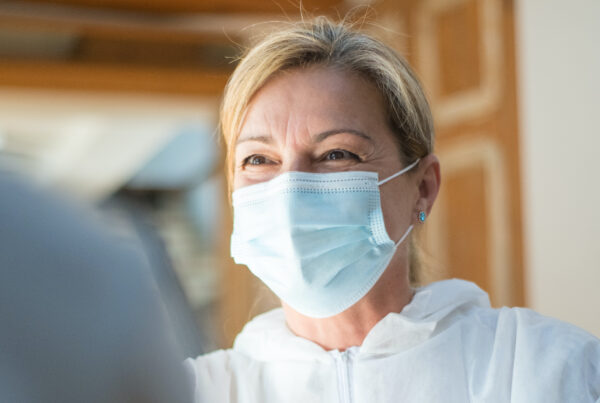According to the Centers for Disease Control and Prevention (CDC), at least 28% of antibiotics prescribed each year are unnecessary. Antibiotics are strong medications that are necessary to treat bacterial infections, but don’t work when an illness is viral.
Over the years, medical professionals have become more cautious on prescribing antibiotics. So the question for many is when do you need antibiotics? Antibiotics are needed to fight a bacterial infection such as strep throat, whooping cough, Lyme disease, and symptomatic urinary tract infections or UTI’s. They don’t fight infections such as the common cold, the flu, or most sore throats and sinus infections. There are also some respiratory infections, such as pneumonia and bronchitis, that may be viral or bacterial in which a physician can diagnose and prescribe the appropriate plan of treatment.
Even when antibiotics are necessary, they don’t come without risk. Any antibiotic can cause vomiting and diarrhea, a bowel infection, allergic reaction, or affect the health of one’s kidneys or liver. Always report worsening symptoms to your doctor. Be sure take your antibiotic as prescribed and finish the recommended dosage. Many times, people stop taking antibiotics when they begin feeling better, but the prescription is based on the recommended dosage needed to treat the bacteria at the root cause of the infection.
The greater concern is too many antibiotics can make it easier to get a strain of bacteria that has become resistant to antibiotic drugs (superbugs) and can cause serious and sometimes life-threatening infections.
How does antibiotic resistance happen? In simple terms, as explained by the CDC, our body has many germs in which are a few are drug resistant. Antibiotics kill bacteria causing an illness as well as the good bacteria that protect our body from infection. Drug resistant bacteria are then allowed to take over.
One superbug is MRSA which is a form of a staph infection that can be easily spread in households, schools, and hospitals. Symptoms will vary and most infections are mild sores however it can infect the blood, lungs, urinary tract, and surgical wounds. Common signs for a skin infection will include a red painful, bump leaking pus and may resemble a spider bite, pimple, or boil. Skin around the sore is warm or hot to the touch. Bumps under the skin can be swollen and hard to the touch.
A second super bug is Clostridioides difficile, often referred to as C. diff, which is a bacterium that can cause symptoms ranging from diarrhea to life-threatening inflammation of the colon. Causes of C. diff include overuse of antibiotics, surgery of the GI tract, previous C. diff infection, weakened immune system, and being over the age of 65. Symptoms can include diarrhea with abdominal pain lasting several days, loss of appetite and fever.
If you believe you or a loved one may have symptoms of MRSA or C. diff, contact a medical professional.
If hospitalized with an infection requiring post short-term rehabilitation, National Health Care Associates has affiliated skilled nursing centers in the greater Hartford area with specialized recovery programs. For more information on our Passport Rehabilitation Program at Bloomfield Center for Nursing & Rehabilitation, please visit www.Bloomfieldhealthcare.com or call 860.242.8595.
The most important way to limit the need to take antibiotics is to prevent infection by taking care of your health and getting vaccines recommended by your medical provider.
Column is written by Laura Falt, director of business development in Connecticut. Laura welcomes the opportunity to be a resource to the community on services for older adults and is often featured in local publications.




